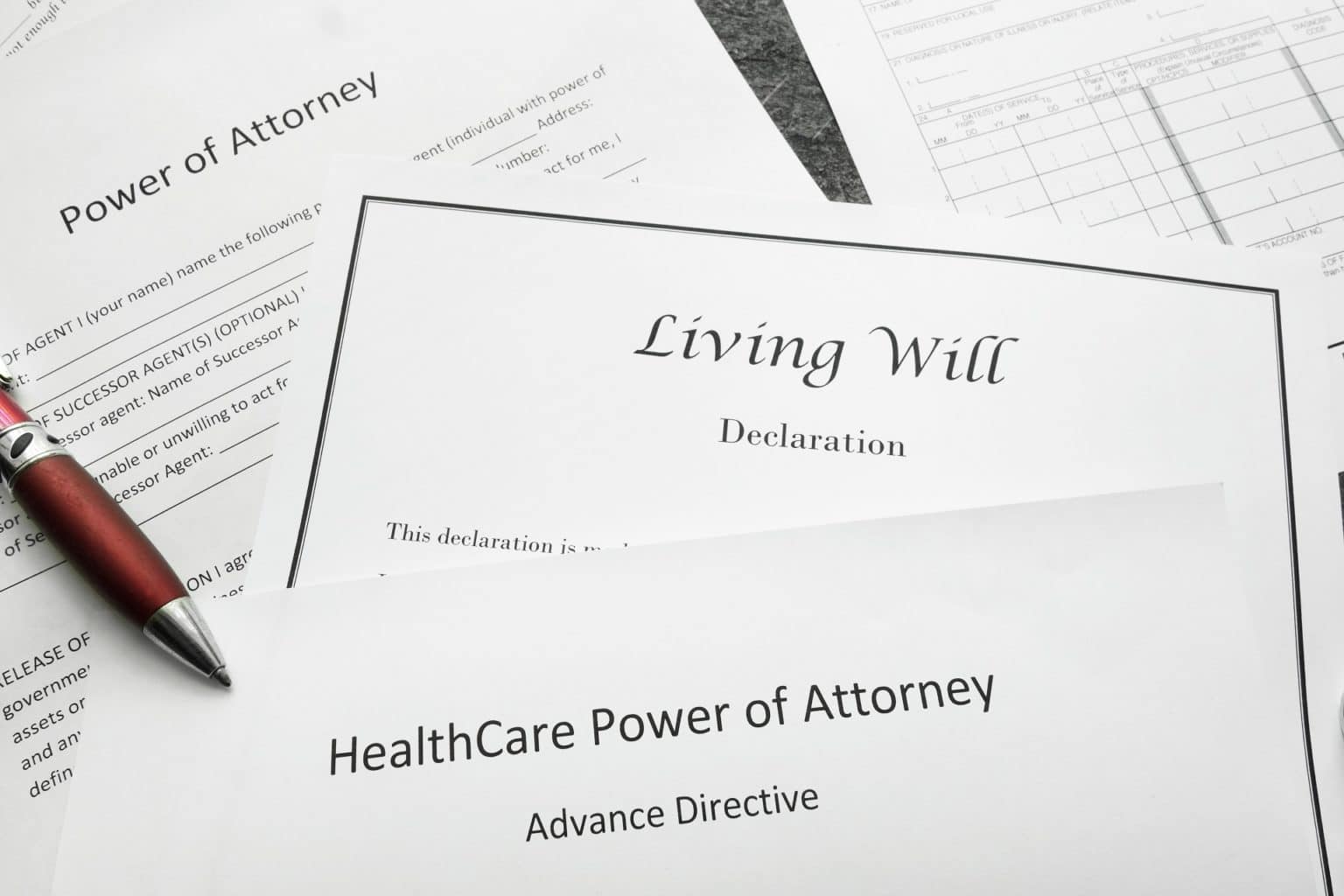Mississippi law has a variety of rules and regulations surrounding what happens when someone is incapacitated or dies. Take the time now to consider creating these three estate documents that can help your family care for you and your assets in these extremely tough situations.
Durable Power of Attorney (POA)
This document identifies a person as an “agent” or “attorney-in-fact” that is legally authorized to make decisions on behalf of the document’s creator. Typically, these documents signify a “health care” or “financial” POA. Health care POAs are often created or combined with a living will (more below) or advance directive that outlines the type of treatment you’d want to receive in the event of various medical incapacitations.
Living Will
It’s important to understand that a “living will” is different from a standard will. Your living will state your wishes regarding medical decisions and treatments if you are unable to make those decisions on your own. Mississippi Code states that an individual can create this document either orally or in writing, granted that it meets certain legal standards. A living will created with a POA must be done in writing, however.
Standard Will
This document details specific wishes about how property and assets would be passed on in the event of the creator’s death. A will is important as it legally binds succession and can help your estate avoid the lengthy and costly probate process. Mississippi law allows for an orally-created will as long as two credible witnesses are present at its creation. In that case, the will must be made at least ten days prior to death (unless the creator is sick and dies before returning home).
With all of the potential life-altering situations out of our control, it makes sense to consider creating the legal documents to ensure that if something happens to you, there’s a plan in place for your care and your assets. The Law Offices of Rusty Williard is an expert in Mississippi estate planning and is here to help you. Call (601) 824-9797 to learn more.


